| Author: | Richard E. Killblane | ISBN: | 9781782893394 |
| Publisher: | Tannenberg Publishing | Publication: | August 15, 2014 |
| Imprint: | Tannenberg Publishing | Language: | English |
| Author: | Richard E. Killblane |
| ISBN: | 9781782893394 |
| Publisher: | Tannenberg Publishing |
| Publication: | August 15, 2014 |
| Imprint: | Tannenberg Publishing |
| Language: | English |
When the enemy adopts a policy to attack convoys, truck drivers become front line troops. Convoy commanders must then become tacticians. How to study war? The student of tactics studies previous fights and mentally places himself in the position of the participants. Knowing what they knew, how would he have reacted? In hind sight, what was the best course of action, remembering that there is no one perfect solution? Any number of actions would have succeeded. The tactician must learn what would have worked best for him. For this reason, I have pulled together all the examples of convoy ambushes. The 20th century, Vietnam War, and current war in Iraq provide a wealth of examples of convoy ambushes from which to study. Unfortunately, the US Army did not record many good accounts of ambushes during the Vietnam War. Much of what is presented in this text is based upon oral interviews of the participants, sometimes backed by official record, citations or reports. For this reason, some of the ambush case studies present only the perspective of a crew member of a gun truck or the convoy commander. Since this academic study works best when one mentally takes the place of one of the participants, this view of the ambush serves a useful purpose. After my own review of the ambushes, I have drawn my own conclusion as to what principles apply to convoy ambushes.
When the enemy adopts a policy to attack convoys, truck drivers become front line troops. Convoy commanders must then become tacticians. How to study war? The student of tactics studies previous fights and mentally places himself in the position of the participants. Knowing what they knew, how would he have reacted? In hind sight, what was the best course of action, remembering that there is no one perfect solution? Any number of actions would have succeeded. The tactician must learn what would have worked best for him. For this reason, I have pulled together all the examples of convoy ambushes. The 20th century, Vietnam War, and current war in Iraq provide a wealth of examples of convoy ambushes from which to study. Unfortunately, the US Army did not record many good accounts of ambushes during the Vietnam War. Much of what is presented in this text is based upon oral interviews of the participants, sometimes backed by official record, citations or reports. For this reason, some of the ambush case studies present only the perspective of a crew member of a gun truck or the convoy commander. Since this academic study works best when one mentally takes the place of one of the participants, this view of the ambush serves a useful purpose. After my own review of the ambushes, I have drawn my own conclusion as to what principles apply to convoy ambushes.

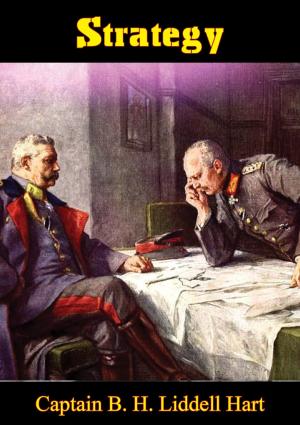

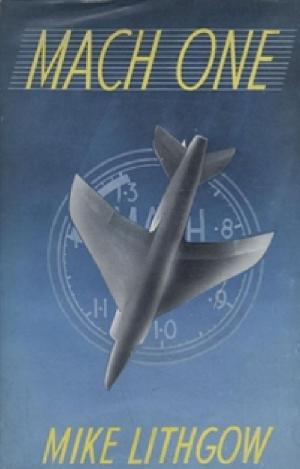
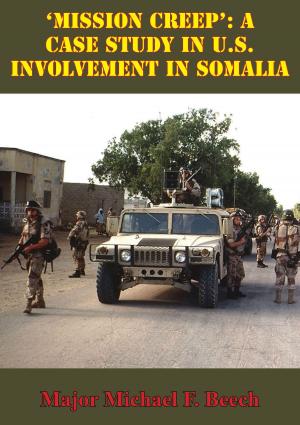
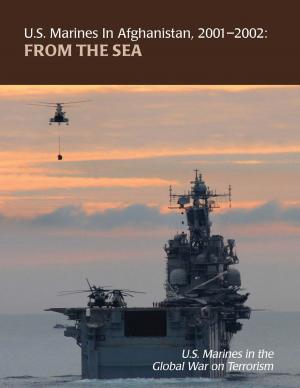
![Cover of the book Letters On Strategy Vol. II [Illustrated Edition] by Richard E. Killblane](https://www.kuoky.com/images/2015/november/300x300/9781786253699-S3oe_300x.jpg)
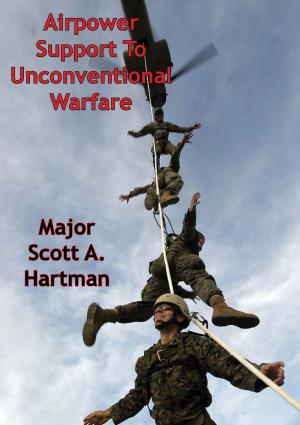


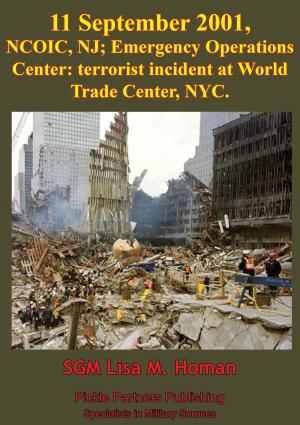
![Cover of the book ARCHIE, FLAK, AAA, And SAM: A Short Operational History Of Ground-Based Air Defense [Illustrated Edition] by Richard E. Killblane](https://www.kuoky.com/images/2015/november/300x300/9781786253712-TMbs_300x.jpg)
![Cover of the book Air Superiority In World War II And Korea [Illustrated Edition] by Richard E. Killblane](https://www.kuoky.com/images/2015/november/300x300/9781786257536-KPrc_300x.jpg)
![Cover of the book Enemy Coast Ahead [Illustrated Edition] by Richard E. Killblane](https://www.kuoky.com/images/2015/november/300x300/9781786257574-db24_300x.jpg)
![Cover of the book U.S. Marines in Iraq, 2004 - 2005: Into the Fray: U.S. Marines in the Global War on Terror [Illustrated Edition] by Richard E. Killblane](https://www.kuoky.com/images/2014/august/300x300/9781782895442-RHoP_300x.jpg)
![Cover of the book Like A Thunderbolt: The Lafayette Escadrille And The Advent Of American Pursuit In World War I [Illustrated Edition] by Richard E. Killblane](https://www.kuoky.com/images/2015/november/300x300/9781786252470-JBzr_300x.jpg)